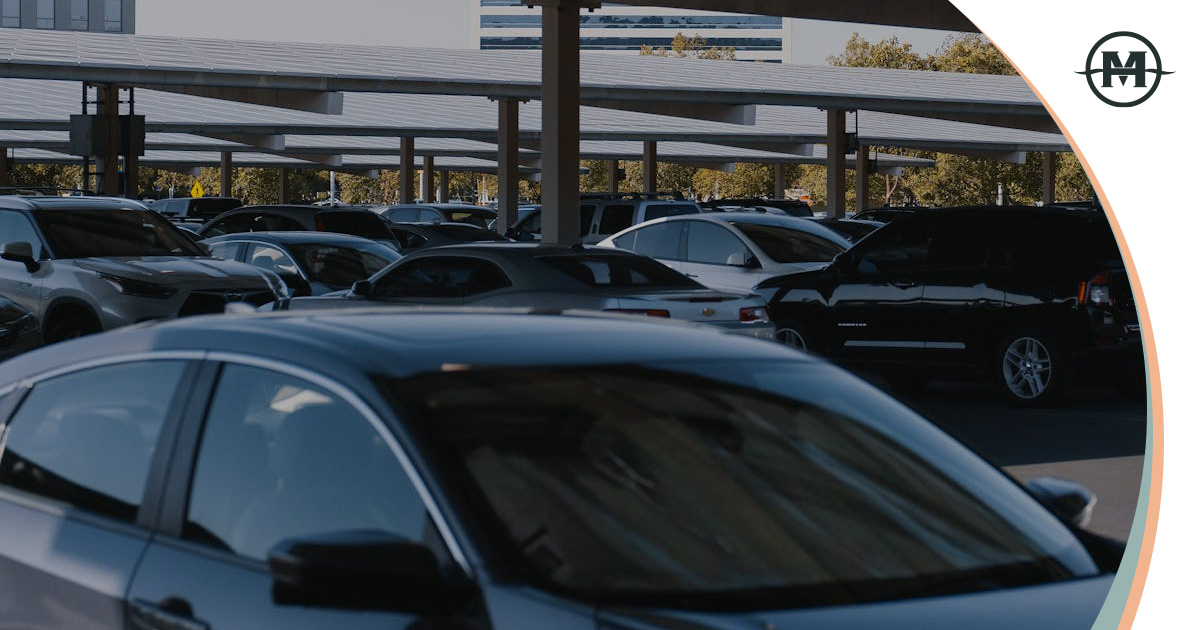Auto recalls are not just technicalities or paperwork, they’re critical warnings that something in your vehicle may put you, your passengers, and others on the road at risk. When automakers issue a recall, they’ve identified a defect or compliance issue that needs to be addressed to keep people safe.
Still, many drivers ignore these notices or put them off, assuming the issue isn’t urgent, but that type of procrastination can have serious consequences.
When you ignore an auto recall, you’re not just jeopardizing your safety; it can also affect your finances, liability, and even lead to legal issues.
Why Recalls Happen in the First Place
Automakers don’t issue recalls lightly. A recall typically follows a pattern of consumer complaints, internal testing, or government investigations that reveal a flaw in a vehicle’s design, manufacturing, or components.
That flaw must present a risk to safety or violate federal motor vehicle standards.
Recalls can range from faulty airbags to fuel system leaks to software malfunctions. Some are limited in scope, while others, like the widespread Takata airbag recall, affect millions of vehicles across different manufacturers, especially when involved in car accidents.
Once a defect is confirmed, the manufacturer must notify owners and provide a free fix. In theory, this should close the loop. But in practice, not every owner acts on the notice.
Common Reasons Drivers Ignore Recalls
People skip recall repairs for a variety of reasons, some of them understandable. They might assume the issue is minor, or that if their vehicle hasn’t shown symptoms, it’s safe to drive.
Others may move, miss the mailed notice, or simply put the repair off because of the inconvenience.
But none of these reasons removes the risk. Defective parts often don’t give advance warning before failing, and some problems worsen over time. Skipping the repair doesn’t save time or money in the long run—it often increases the chance of an accident or a costly repair later.
Real-World Consequences of Ignoring Recalls
Vehicle defects have caused thousands of crashes, injuries, and deaths.
Ignoring a recall isn’t just a roll of the dice—it’s a direct invitation to potentially life-threatening situations. Braking issues, steering failures, engine fires, or malfunctioning airbags can all result from unresolved recalls.
Aside from the safety risk, there are other real consequences, including:
- Reduced vehicle value if a recall is unresolved
- Denied insurance claims following an accident linked to a known defect
- Legal liability if someone is hurt and the owner knowingly skipped a repair
- Out-of-pocket repair costs if a defect leads to further damage
- Inability to renew vehicle registration in some states without addressing recalls
Some of these outcomes affect the owner, while others impact people around them. A recall repair is often free, but the price of ignoring it can be steep.
Recalls Affect Vehicles of All Ages
Some drivers believe that only older or cheaper cars get recalled. But recalls happen across all vehicle classes, brands, and model years. Even luxury vehicles are subject to defects. Modern cars are highly complex machines, and new technologies—especially in electronics and software, have created new potential failure points.
Also, keep in mind that not all recalls are issued immediately. It can take years for an issue to be identified and confirmed. That means a car that was perfectly fine when you bought it may develop a recall notice later.
Checking regularly for new recalls is a smart habit for all drivers.
How to Check for Recalls on Your Vehicle
If you’re unsure whether your car has an open recall, it only takes a minute to find out. The National Highway Traffic Safety Administration (NHTSA) provides a free tool on its website where you can use your Vehicle Identification Number (VIN) to view active recalls.
You can also:
- Sign up for recall alerts from your vehicle manufacturer or NHTSA
- Ask your dealership during service appointments
- Check recall status before buying a used car
Don’t assume you’ll always get a letter in the mail. Addresses change, vehicles are sold, and notifications don’t always reach current owners. Being proactive can make all the difference.
What Should I Do if My Vehicle Is Recalled?
If your car has an open recall, the next step is straightforward: contact your dealership and schedule the repair. The manufacturer is required by law to fix the issue free of charge.
Depending on the type of defect, the repair might take a few hours or a few days. In some cases, loaner vehicles may be provided. Stay organized by keeping records of the recall notice, as well as any correspondence or service receipts.
If your local dealer can’t perform the fix right away, ask when the parts will be available and confirm your place on a service waitlist if necessary.
Why It’s Worth Taking the Time
Taking care of a recall isn’t always convenient, but the risks of skipping it far outweigh the minor hassle. No one wants to be stranded, injured, or worse because of a preventable defect. The peace of mind that comes from knowing your vehicle is safe and compliant is worth the time it takes to schedule and complete the repair.
Even more importantly, timely recall repairs help protect other drivers. Malfunctions like faulty headlights, braking issues, or stalling engines can put everyone on the road at risk.
Addressing these problems promptly makes the road safer for everyone.
At McCoy & Hiestand, PLC, we understand that auto recalls may seem like a technical formality, but they exist for one important reason: safety.
By ignoring them, drivers create unnecessary risks for themselves. Risks that can lead to serious harm, legal trouble, and financial problems. Fortunately, most recall issues are easy to fix and cost nothing to resolve. By staying informed and acting quickly when your vehicle is recalled, you help protect not just yourself, but everyone you share the road with.
When it comes to safety, delaying isn’t just risky, it’s avoidable.

